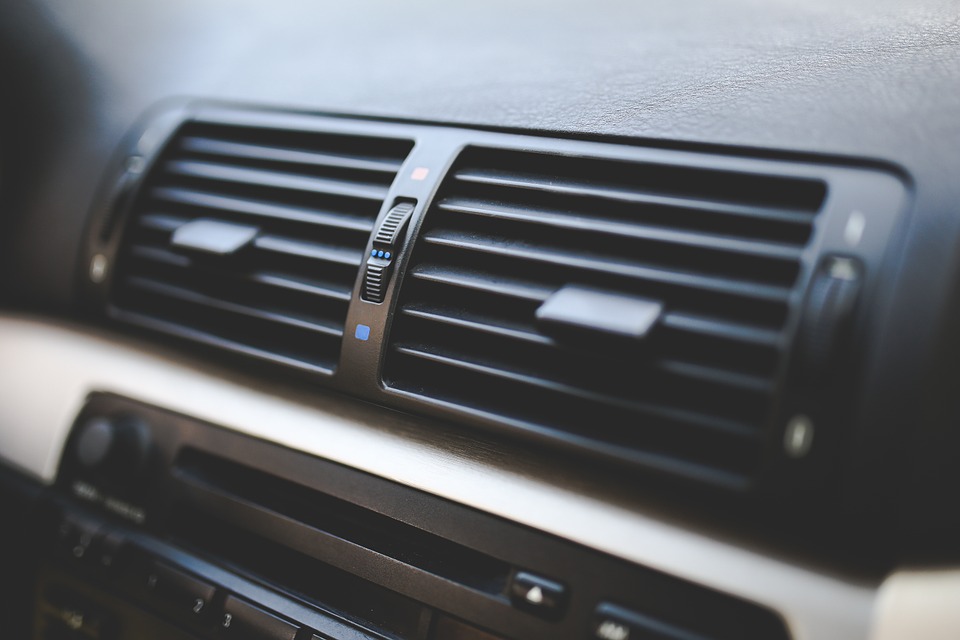5 Signs Your Vehicle's AC Compressor Is Going Out
15th May 2019

What is an AC Compressor
The compressor is an essential component of your vehicle's climate-control system. When summer rolls around and the temperatures begin to rise, you'll probably turn on your vehicle's air conditioning to keep cool when driving. But if the compressor is going out -- or if it's already gone out -- you may struggle to achieve a comfortable environment inside your vehicle's cabin. So, how do you know if your vehicle's AC compressor is bad?
#1) Loud Noises
If you hear loud noises when running your vehicle's AC, the compressor could be going out. Like other components, such as the alternator, the AC compressor is driven by a serpentine belt. As the AC compressor suffers from wear and turn, the connected serpentine belt will struggle to turn it, resulting in loud noises during operation.
#2) AC Now Blowing Cool Air
Another sign your vehicle's AC compressor is on its last leg is the AC blowing room-temperature air. The compressor's job, as its name suggests, is to compress refrigerant before guiding it through the condenser where it's able to release heat. If the compressor fails, the refrigerant running through your vehicle's AC system will fail to compress, meaning the system won't work as intended. And when this occurs, you may discover your vehicle's AC system no longer blows cool air.
#3) Blown Fuses
A bad AC compressor can even lead to blown fuses. When the AC compressor is on its way out, it will draw more power. And like other electric components in your vehicle, if it draws too much power, it will blow a fuse. You can always replace blown fuses, but this is only a temporary solution. Unless you replace or fix your worn AC compressor, any new fuses will likely blow as well.
#4) Excessive Vibrations
You may feel excessive vibrations coming from your vehicle's engine bay if the AC compressor is bad. Worn AC compressors create greater resistance during operation than new and unworn AC compressors. A side effect of this increased resistance is excessive vibrations that you can physically feel when running the AC.
#5) Engine Overheating
Finally, a bad AC compressor may cause your vehicle's engine to overheat. Many drivers are surprised to learn that AC usage can affect their vehicle's engine temperature. When you run the AC in your vehicle, it will place an additional load on your engine. Normally, this isn't enough to cause your engine to overheat. But if your vehicle already suffers from cooling problems, such as a blown head gasket, a worn AC compressor can certainly contribute to overheating.

